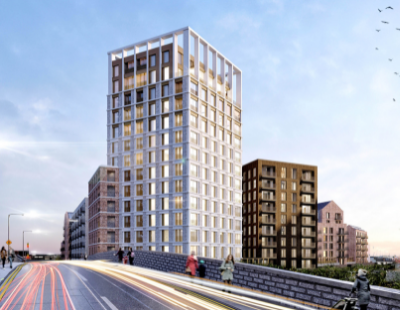
The property market tends to be cyclical, when you study property markets from across the globe, it is clear that the majority move in cycles of boom and bust. Governments often aim to control and stabilise market movements but are generally unsuccessful in their efforts.
So, what actually causes these boom and bust scenarios we see time and time again in all parts of the world?
Fear and greed
Fear and greed tend to play a part in all market movements, and the property market is not exempt from these emotions. Investors can often fear that they are missing out or will lose money by holding onto a property for too long or not long enough. Greed comes into play when individuals want to sell a property for more than the market value in order to make more of a profit, or want to get into the marker to take advantage of the capital growth and cash flow.
A sustained period of growth within all markets often leads to a loss of confidence and an increase of fear. A single change in policy can lead to property process dropping, however, unlike other markets such as stocks and shares people do tend to hold onto property rather than selling on due to a panic.
Influencing property markets
As mentioned, the government attempts to control and influence the property market, and has many tools at its disposal to do so. The government are able to adjust tax rates, interest rates and entry requirements to assist with long term stability. However, it is crucial that the property market remains a largely ‘free’ market, to ensure it remains a desirable and low risk place for international investors to put their money.
Demand for UK property has been strong for decades, yet the supply of properties has not met demand. This insures continuous and long-term growth in property prices, which in turn also increased the desirability of the UK as in investment. Although this can have a significantly negative impact on first time buyers, it is largely a positive thing for investors.
Length of investments
Different investors have a different impact on the property market. Property investors can generally be split into three time frames; short-term, medium-term and long-term Short-term investors can create hot spots which can lead to property prices increasing rapidly in the short. Whereas medium or long-term investors tend to hold on to property for longer periods, leading to more price stability.
There are many Pension funds that invest directly and indirectly into the property market. Investing in this way allows them to invest for the long term and not focus on short term gains, thus increasing stability overall.
Conclusion
Property makes up a large proportion of personal wealth in the UK, and therefore is a significant part of the economy and provides a solid long-term indicator of worldwide economic performance. The market is cyclical and there will always be increases and decreases in price levels.
Paul Mahoney is the founder of Nova.Financial.









.png)

.jpg)








Join the conversation
Be the first to comment (please use the comment box below)
Please login to comment